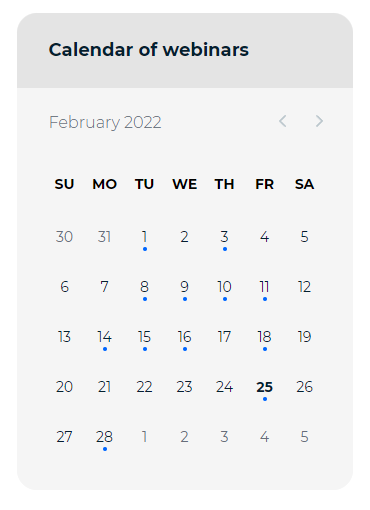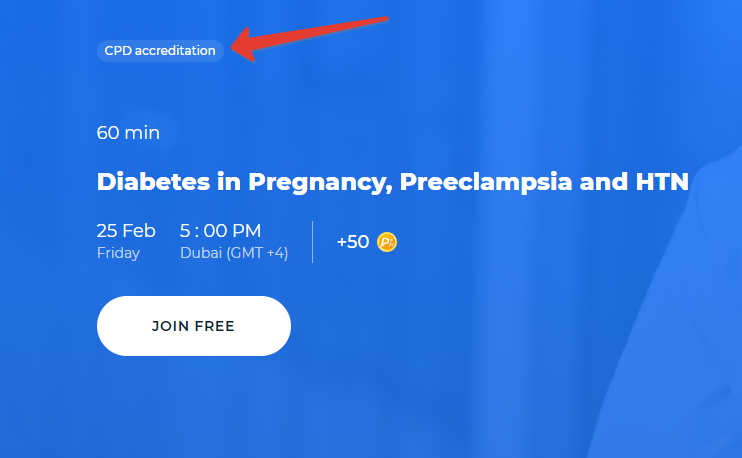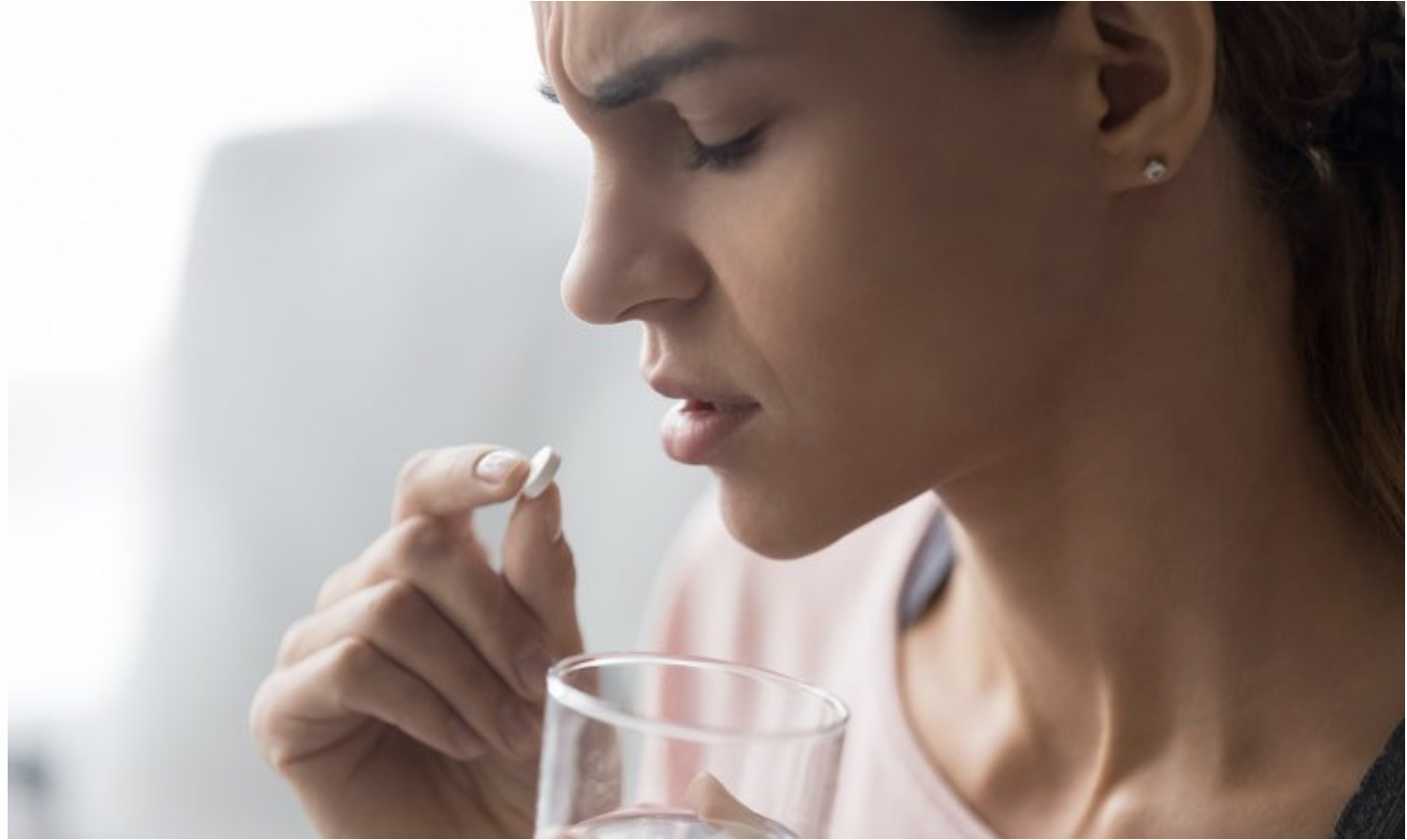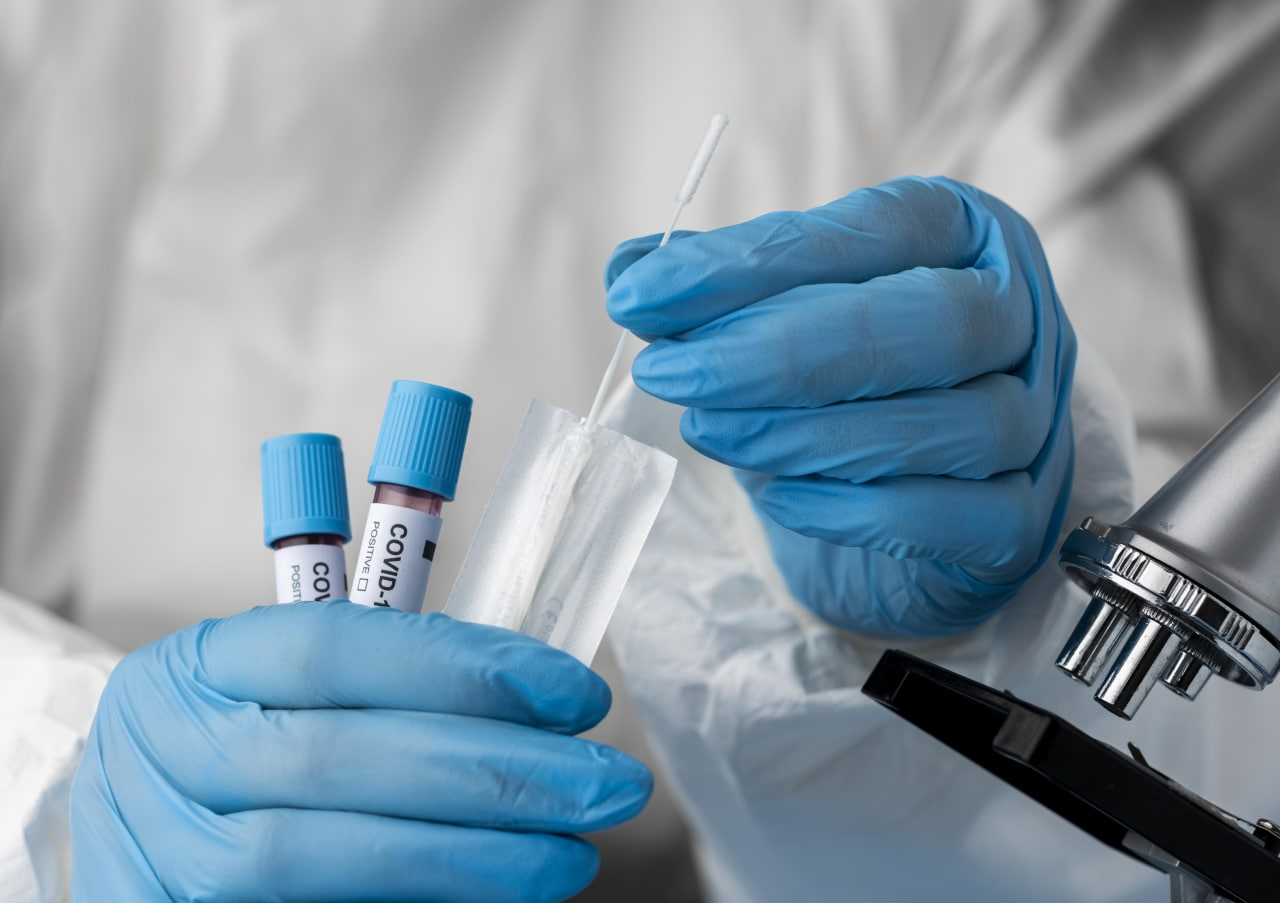How did CPD begin
Right after the Second World War, in 1949 UNESCO Member States met in Elsinore, Denmark, to discuss Adult Learning and Education (ALE). Today the UNESCO Institute for Lifelong Learning (UIL) exists for that purpose. We may say that ALE was the ancestor of modern life-long learning strategies.
The idea of Continuing Professional Development itself (CPD) first became visible during the III International Conference on Adult Education in the context of Lifelong Learning conducted by UNESCO in 1972. The report document under the title “Recommendations on the Development of Adult Education” (UNESCO 1976) was focused on key forms of adult education.

Over the past two decades this dedication to CPD has spread beyond Europe and is now embraced the world. Thus, for instance, it is the Continuing Medical Education (CME), Continuing Education (CE), Continuing Professional Education (CPE), or Continuing Legal Education (CLE) in the USA and Continuing Medical and Pharmacy Education (CMPE) in the Russian Federation.
What is the difference between CME and CPD?
One may know the acronym CME (Continued Medical Education) instead of CPD. These terms are basically the same thing but differ in the range of coverage of educational and vocational services.
In 1998, it was stated by the Standing Committee on Postgraduate Medical and Dental Education in the United Kingdom (SCOPME) that CME was no longer adequate to meet all the educational and career needs of doctors and dentists in the modern healthcare system. So SCOPME suggested that the CME should be included in the wider context of CPD.

As a result the CME was replaced by the CPD as educational and health committees all over the world stood for that. In these terms, CME and CPD can be used in the same case to understand the phenomena of continued education.
Why is CPD/CME crucially important for healthcare workers?
CPD is reasonable, valid and crucial worldwide. Doctors and pharmacists are no longer only health professionals, but also managers, supervisors, auditors, researchers and scientists. All these competences can be acquired in the CPD process. CPD/CME is relevant for doctors and pharmacists who are working in fields which require teaching, communication and teamwork skills, familiarity with legal issues in medical practice, ethical issues, and knowledge of management techniques and information technology.
When applying for a job, employers nowadays focus more on the level of professionalism and advancements in career paths rather than on academic qualifications.
Some countries establish completion of the CPD/CME as an obligation to health care professionals. Most European and American companies and organizations now prioritize it for their employees because they ensure a constantly developing workforce. In Asia, Africa and the Middle East, the CPD/CME systems have varying degrees of commitment. As there is prestigious, sophisticated and up-to-date basic medical university education.
But, if you have the CPD/CME as a right in your country, it will be a competitive advantage in the labour market and is likely to help with your career development regardless of age.
Let us make a short list of those perspectives and benefits:
- Skills improvement in current or future career.
- Receiving up-to-date knowledge.
- The professional standard of qualifications is valuable worldwide.
- Acquiring skills and tools gives the opportunity to favourably cope with changes.
- Career progression.
- Flexible training schedules for any form of learner.
- Company standards are higher and competitive.
- Sharing of best practice among colleagues.
What should I do to get CPD/CME credit points?
CPD programs combine various methods to facilitate learning according to an individual plan. However you plan your activities, the outcome of your learning will be successful anyway. These are the most common CPD activities:
- webinars, for example these
- online and off-line courses, for example these
- workshops
- seminars and conferences
- private study and research
- lectures
- practical work experience
- e-learning and online training programmes
After completing any activity you may receive CPD credit points required to be collected to get a certificate. Needed to remember that only accredited occupations give CPD credit points. And as is known, the Health Department of each country establishes their own official list of possible CPD providers’ activities that you will be definitely credited with.
How to get a СPD certificate?
The first thing that we like in CPD/CME is that the process is fully individual. The whole process is available for everyone who strives for a personal and professional boost. Firstly, meet your skills development needs, then undertake learning in the best way in a suitable accredited center or institute, collect CPD credit points which you will need as a proof of your studying and apply for a certificate.
Most CPD/CME systems include an accumulation of credits: commonly it’s 1 credit per 1 hour of CPD/CME study. A professional chooses courses which bring a certain number of credit points that will be converted later to CPD credit points. So that you collect them until enough. The classical full CPD/CME cycle is estimated with 250 credits over 5 years. Canada, Europe, USA and the United Kingdom use this standard.
However, due to pandemics of COVID-19, some Health Departments such as Russian and Canadian decided to reduce the ultimate of credit points for one cycle. The required hours of CPD/CME activities needed for the renewal of the professional registration of the different health categories in Gulf Cooperation Council (GCC) states is presented in a given table with averages. The requirements may differ in each Gulf country. CPD/CME occupies an ambivalent position in Arabian and GCC countries. We will make further publications about the geospecifity of CPD/CME in those regions.
|
Category |
Required Hours |
Details |
||
|
1 year |
3 years |
5 years |
||
|
Doctors and Dentists |
40 Hours for Doctors and Dentists |
120 Hours for Doctors and Dentists |
200 Hours for Doctors and Dentists |
Category 1: Minimum of 28 hours per year. Included types of activities: conferences, symposiums, workshops, specialized training courses, authoring a book or scientific publication, and review of research articles. Category 2: Maximum of 12 hours per year. Included types of activities: internal activities, distance learning (webinars, courses), and panel discussions, and general workshops. |
|
Pharmacists
|
25 Hours for Pharmacists |
75 Hours for Pharmacists |
125 Hours for Pharmacists |
Category 1: Minimum of 15 hours per year. Included types of activities: conferences, symposiums, workshops, specialized training courses, authoring a book or scientific publication, and review of research articles. Category 2: Maximum of 10 hours per year. Included types of activities: internal activities, distance learning (webinars, courses), and panel discussions, and general workshops. |
|
Nurses
|
20 Hours for Specialists and Consultants |
60 Hours for Specialists and Consultants |
100 Hours for Specialists and Consultants |
Category 1: Minimum of 12 hours per year. Included types of activities: conferences, symposiums, workshops, specialized training courses, authoring a book or scientific publication, and review of research articles. Category 2: Maximum of 8 hours per year. Included types of activities: internal activities, distance learning (webinars, courses), and panel discussions, and general workshops. |
|
Technicians
|
10 Hours for All Professional Groups |
30 Hours for All Professional Groups |
50 Hours for All Professional Groups |
Category 1: Minimum of 6 hours per year. Included types of activities: conferences, symposiums, workshops, specialized training courses, authoring a book or scientific publication, and review of research articles. Category 2: Maximum of 4 hours per year. Included types of activities: internal activities, distance learning (webinars, courses), and panel discussions, and general workshops. |
|
Other Applied Medical Professions |
20 Hours for Specialists and Consultants |
60 Hours for Specialists and Consultants |
100 Hours for Specialists and Consultants |
Category 1: Minimum of 12 hours per year. Included types of activities: conferences, symposiums, workshops, specialized training courses, authoring a book or scientific publication, and review of research articles. Category 2: Maximum of 8 hours per year. Included types of activities: internal activities, distance learning (webinars, courses), and panel discussions, and general workshops. |
CPD online on Pharma Courses
Online learning for doctors and pharmacists is available on our educational learning platform for healthcare professionals in the Middle East, North Africa region and Europe Pharma Courses. Choose the right webinar whether you are interested in sharpening your soft or hard skills. Each one of them continues from 1 to 3 hours and will bring you the certificate of participation.

It's very easy to navigate, in the webinars section as there's a user-friendly calendar where you’ll find all necessary information. Navigation and design are pleasant and don’t distract from important information. Check it out and see for yourself!
Just click on the date and see what comes here, where the webinar is hosted and who will be the speaker. Some of the webinars are aimed to develop doctors’ and pharmacists’ soft skills in nutrition support, interprofessional collaboration, disease management, clinical cases, women’s health, depression, anxiety and fatigue overcome. Some webinars concern topics in law and legislation, in effective pharmacy management and for management staff in pharmacies and hospitals.
What comes to online courses, they are meant to be more in-depth, so the time frame is from several days to several months. Some courses award a certain number of CPD credit points. After successful completing the course you will receive the certificate of participation.
Why is it profitable and convenient? First of all, it doesn’t require leaving home. Then, you receive continued consultancy from experienced and qualified team. Moreover, you are free to ask questions to the best speakers.
Nota Bene! Webinars’ status
There are three possible statuses of our webinars:
- Under CPD accreditation. It means that documentation for this webinar is presented to the Dubai Health Authority (DHA). When and if the webinar is accredited you will earn CPD points.
- CPD accreditation. It means that the webinar complies with the CPD requirements and after completing the webinar, you will receive 1 DHA CPD credit point.
- Open webinar. Useful webinars without CPD credits but often with gifts for completers. Discussion of real cases and information of crucial importance for practice work are in focus on these types of webinars.
You will find the status of the webinar on the in the top of its own page:

After completing the webinar of any kind, you will receive 50-200 PharmaCoins bonuses which you can spend on any record of our webinars or some of our courses or partner services, for example on Amazon certificate or overnight in Atlantis (Dubai)! See more details and trace the conditions here. Please remember to differentiate the CPD-points and PharmaCoins bonuses.







